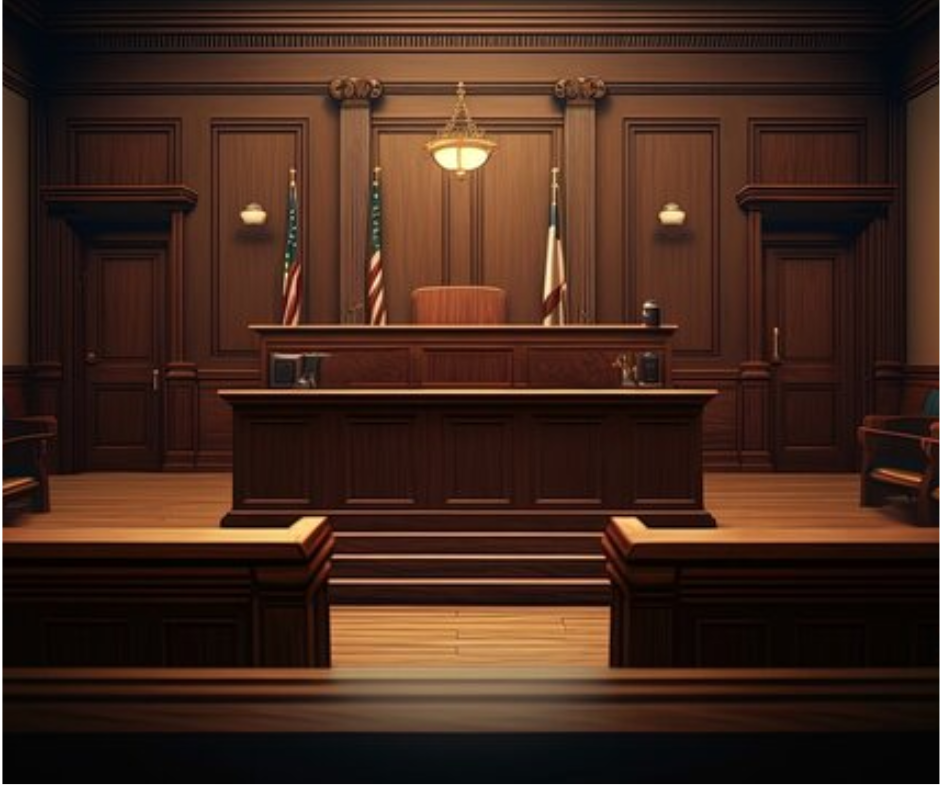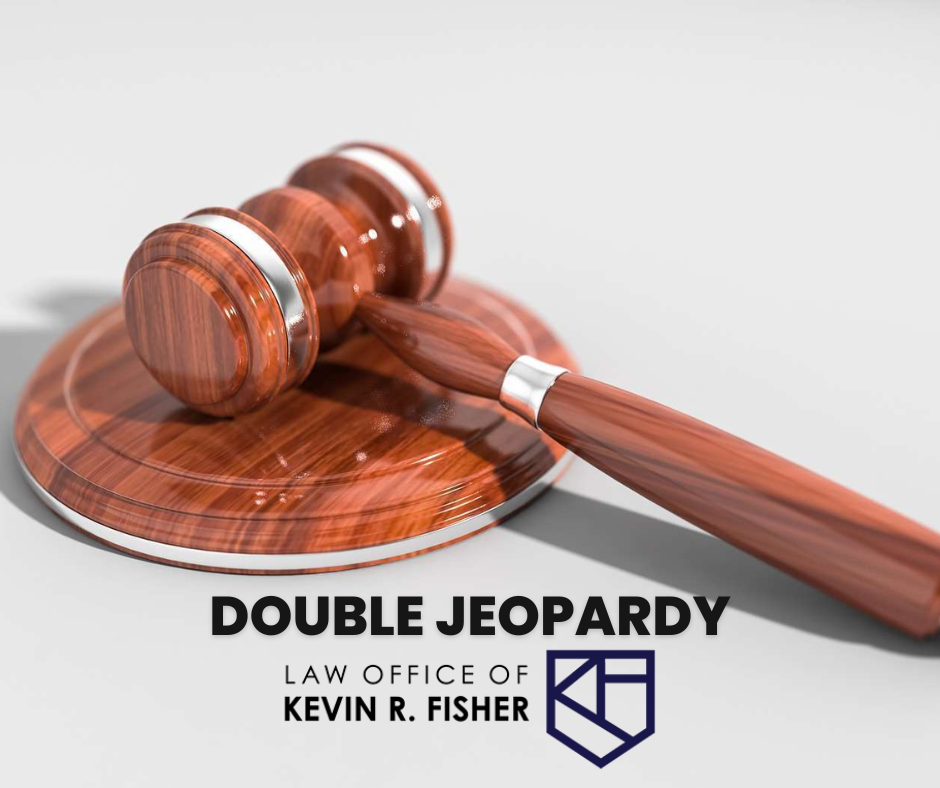As a criminal defendant, you may have heard the term “double jeopardy” thrown around, but what does it really mean? Double jeopardy is a fundamental legal concept that protects you against being tried multiple times for the same offense. In this blog, we will delve into the double jeopardy, explaining its purpose, how it works, and why it is crucial to safeguard your rights in the criminal justice system.
Defining Double Jeopardy
In simple terms, double jeopardy prohibits the government from subjecting an individual to multiple prosecutions or punishments for the same offense. The principle is rooted in the Fifth Amendment of the United States Constitution, which states that no person shall “be subject for the same offense to be twice put in jeopardy of life or limb.” This constitutional safeguard ensures that you cannot be unfairly subjected to endless prosecutions, harassment, or punishment for the same alleged crime.

Exceptions to Double Jeopardy
While double jeopardy provides significant protection, there are exceptions to the principle. These exceptions include:
- Mistrials: If a trial ends in a mistrial due to a hung jury, prosecutorial misconduct, or other factors that prevent a verdict, double jeopardy does not bar retrial. The rationale is that there was no resolution reached in the original trial.
- Appeals: Double jeopardy generally does not apply to appellate proceedings. You can appeal a conviction or seek a reversal without violating the principle. However, the government cannot appeal an acquittal, as it would expose you to the risk of multiple prosecutions
- Different Offenses: Double jeopardy only applies to the same offense. If you are charged with different crimes arising from the same event or conduct, the government may pursue separate prosecutions for each offense
- Federal and State Prosecutions: Under the “dual sovereignty” doctrine, federal and state governments can prosecute you for the same offense without violating double jeopardy. This means that even if you are acquitted or convicted in a state court, the federal government can still bring charges against you for the same crime and vice versa.
Importance of Double Jeopardy
Double jeopardy is a cornerstone of the American legal system, serving as a crucial protection for criminal defendants. Here’s why it matters:
- Finality and Certainty: Double jeopardy ensures finality to the legal process once you have been acquitted or convicted. It prevents the government from subjecting you to repeated trials, thereby providing a sense of closure and certainty.
- Preservation of Liberties: Double jeopardy safeguards your individual liberties by preventing multiple prosecutions. It prevents the government from using its vast resources to harass or oppress you, ensuring that you are not unfairly burdened by a never-ending cycle of litigation.
- Deterrence of Government Overreach: Double jeopardy is a powerful deterrent against government overreach. It discourages prosecutorial misconduct, abuse of power, and excessive charges. The knowledge that the government cannot endlessly pursue you for the same crime helps maintain the balance between the state’s authority and your rights.
Have Questions? Give Me a Call.
Double jeopardy is a critical safeguard that protects you from multiple prosecutions and punishments for the same offense. It upholds the principles of fairness, finality, and individual liberties within the criminal justice system. Understanding double jeopardy allows you to actively participate in your defense, make informed decisions, and ensure your rights are upheld. Remember, you have the right to a fair and just legal process, and understanding double jeopardy empowers you to protect yourself and your constitutional rights.
I have decades of experience fighting for clients at all stages of their cases. I know the players in the Georgia criminal court, and I am here to help you throughout the life of your case. If you need a criminal defense attorney or have legal questions, give me a call today!

